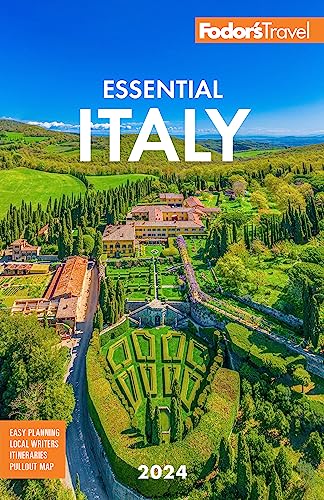Puglia, Past and Present
Puglia has long been inhabited and invaded. On sea voyages to their colonies and trading posts in the west, the ancient Greeks invariably headed for Puglia first—it was the shortest crossing—before filtering southward into Sicily and westward to the Tyrrhenian Coast. In turn, the Romans—often bound in the opposite direction—were quick to recognize the strategic importance of the peninsula. Later centuries would see a procession of other empires raiding or colonizing Puglia: Byzantines, Saracens, Normans, Swabians, Turks, and Spaniards all swept through, each group leaving their mark. Romanesque churches and the powerful castles built by 13th-century Holy Roman Emperor Frederick II (who also served as king of Sicily and Jerusalem) are among the most impressive buildings in the region. Frederick II, dubbed “Stupor Mundi” (Wonder of the World) for his wide-ranging interests in literature, science, mathematics, and nature, was one of the foremost personalities of the Middle Ages.
The region experienced a huge economic revival after decades of neglect following World War II. Since then, EU funding, state incentive programs, and irrigation subsidies have helped Puglia to become Italy's top regional producer of wine, with the remainder of land devoted to olives, citrus, and vegetables. The main ports of Bari, Brindisi, and Taranto are thriving economic centers, though there remain serious problems of unemployment and poverty. However, the much-publicized arrival of thousands of asylum seekers from Eastern Europe and beyond has not significantly destabilized these cities (as had been feared), and economic and political refugees have dispersed throughout Italy. Today, despite several years of regionwide recessione, an air of prosperity still wafts through the smarter streets of Lecce, Trani, and smaller towns like Otranto and Peschici.




